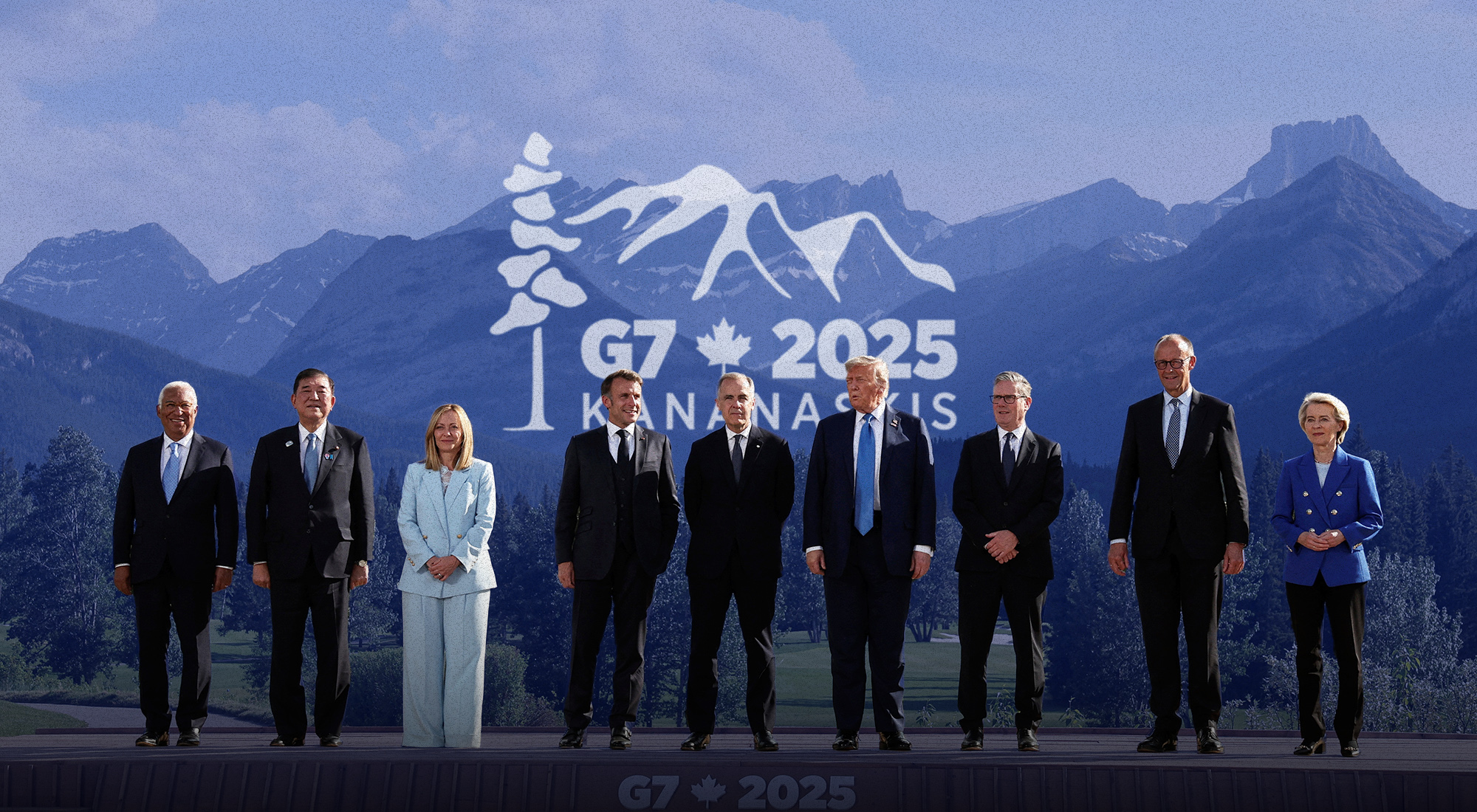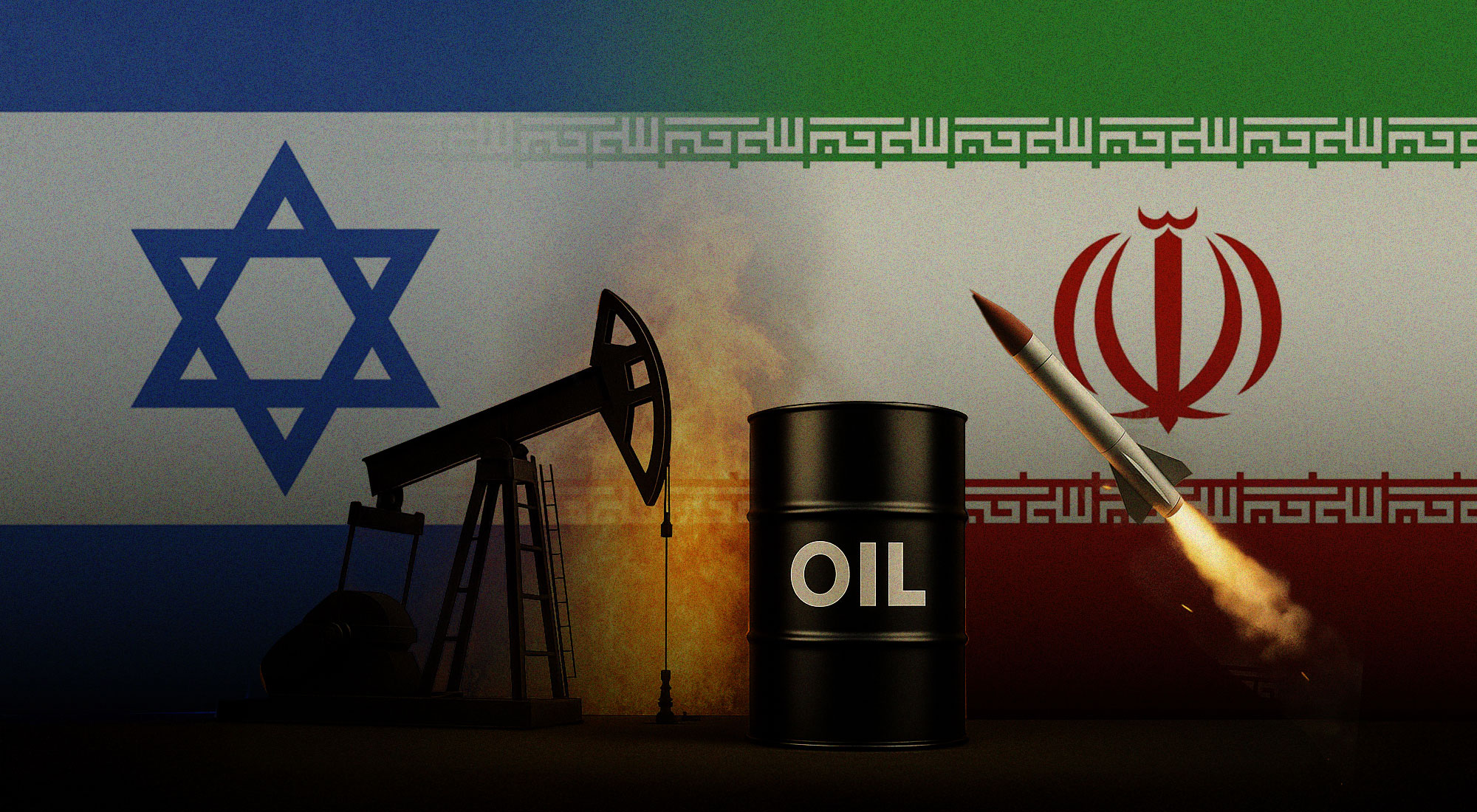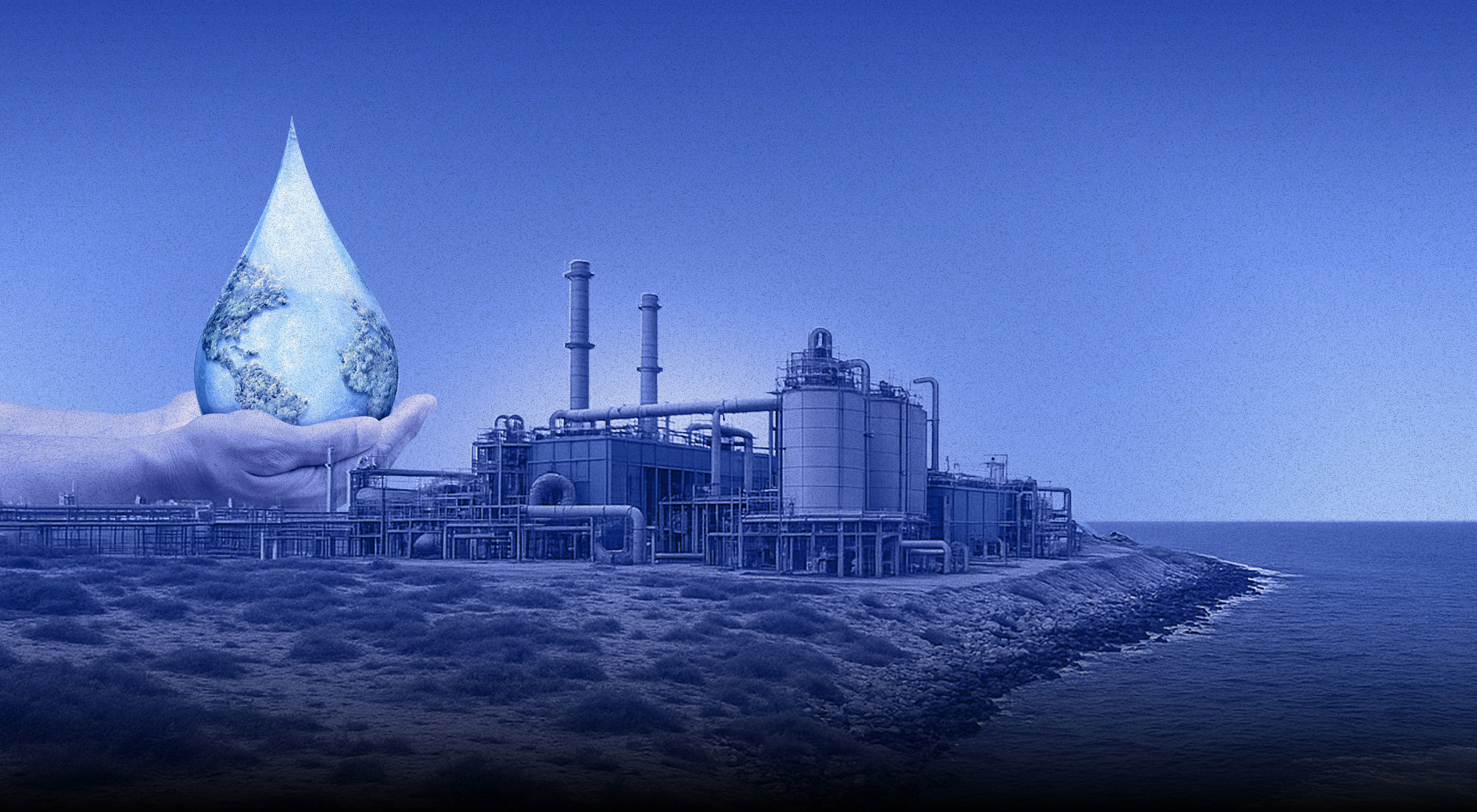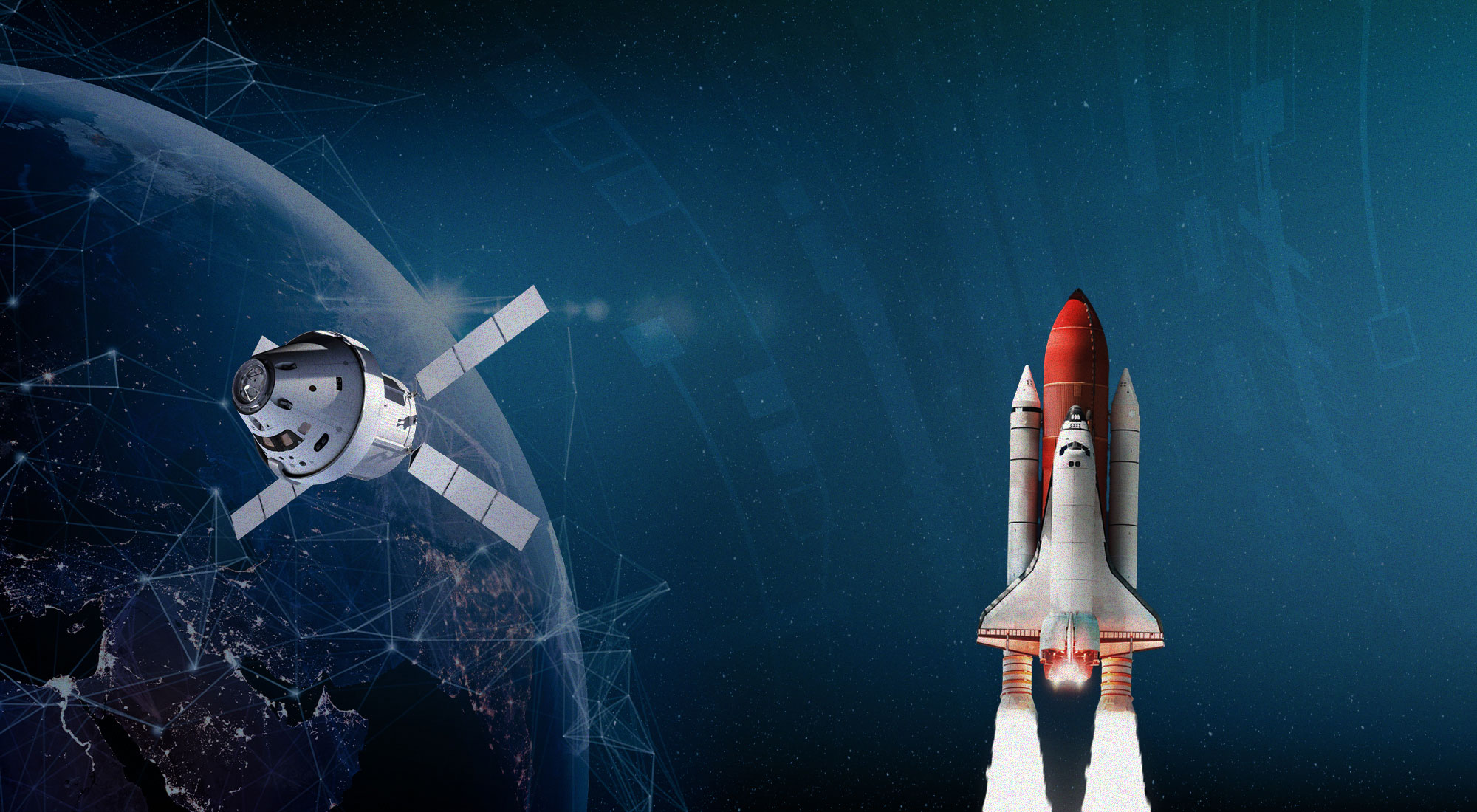Since 2000, over 70 countries that together make up over 80% of the world economy have been comparing how well their school systems prepare young people for life and work. The framework for these comparisons is the world’s global metric for learning outcomes, known as PISA (Programme for International Student Assessment). Essentially, PISA is an international test that is administered under standardised conditions. It assesses the extent to which 15-year-old students have acquired key knowledge and skills that are essential for full participation in modern societies. The assessment does not just ascertain whether students can reproduce what they have learned; it also examines how well they can extrapolate from what they have learned and apply that knowledge creatively in unfamiliar settings. This approach reflects the fact that modern societies reward individuals not just for what they know, but for what they can do with what they know.
Of course, international comparisons are never easy and they aren’t perfect. But PISA shows what is possible in education and it helps countries see themselves in the mirror of the educational results and educational opportunities delivered by the world’s educational leaders.
The first thing the results from PISA show is that the knowledge and skills of a country are a powerful predictor for the wealth and social outcomes that countries will reap in the long run: A modest goal of having the industrialised world boost the average PISA scores of their 15-year-old students by 25 points – which is less than the most rapidly improving education system in PISA, Poland, achieved between 2000 and 2006 alone – could imply an aggregate gain of GDP of over 100 trillion US$ over the lifetime of these students. In short, better skills have become the key to better jobs and better lives.
That is an important message for the Arab countries too: The wealth that lies hidden in the undeveloped skills of their populations is far greater than what they currently reap by extracting wealth from national resources. And there is more to this: PISA shows a negative relationship between the money countries extract from national resources and the knowledge and skills of their school population: Exceptions such as Canada, Australia and Norway, that are rich of natural resources but still score well on PISA, have all established deliberate policies of saving these resource rents, and not just consuming them.
One interpretation is that in countries with little in the way of natural resources – examples are Finland, Singapore or Japan – education has strong outcomes and a high status at least in part because the public at large has understood that the country must live by its knowledge and skills and that these depend on the quality of education. So the value that a country places on education seems to depend at least in part on a country’s view of how knowledge and skills fit into the way it makes its living. Placing a high value on education may be an underlying condition for building a world-class education system and a world class economy.
In short, knowledge and skills have become the global currency of 21st century economies. But there is no central bank that prints this currency, you cannot inherit this currency and you cannot produce it through speculation, you can only develop it through sustained effort and investment by people and for people. Moreover, this new ‘currency’ depreciates as skill requirements of labour-markets evolve and individuals lose the skills they do not use. The toxic coexistence of high unemployment and skill shortages in the Arab world illustrates that producing more of the same graduates cannot be the answer. To succeed with converting knowledge and skills into jobs, growth and social outcomes which nations require, countries need a better understanding of those skills that drive strong and sustainable economic and social outcomes; they need to ensure that the right mix of skills is being taught and learned over the lifecycle of people; and they need effective labor-markets that use their skill potential. That is exactly what PISA is about.
No country can go this alone and it is hard to improve what you don’t measure reliably. PISA does both: It provides countries with a mirror that shows how their school systems deliver against what the world’s educational leaders show is possible. That picture may at first not be a pleasant one. Brazil came out last in the world’s first PISA assessment in 2000 but that initial shock has leveraged huge improvement. Since then, Brazil has become the most rapidly improving education system. It is time for the Arab world to join the group of countries that collaborate through PISA in order to raise educational standards. The world has become indifferent to tradition and past reputations, unforgiving of frailty and ignorant of custom or practice. Success will go to those individuals, institutions and countries which are swift to adapt, slow to complain and open to change. The task for governments is to help their citizens rise to this challenge.








